Do all the written rules and regulations in electrical lighting give you that sinking feeling?
Are you a visual person who works in diagrams rather than pages of jargon?

What is IP Rating for a Bathroom?
IP rating stands for ‘Ingress Protection rating’ and this helps us determine what bathroom electrical items can go in particular bathroom zones.
An IP number is used in the UK to specify the environmental protection of enclosures around electronic equipment. These ratings are determined by specific tests.
- The first number ranges from 0 – 6. This refers to the level of protection against solid foreign bodies such as dust.
- The second number ranges from 0 – 8. This refers to the level of protection against water.
Zone 0 Any fitting must be low voltage, (max 12v) and be rated at least IP67 which is total immersion proof.
Zone 1 Any fitting must have a minimum rating of IP45 (but it is generally accepted that IP65 is to be used).
Zone 2 Any fitting must have an IP rating of at least IP44.
In addition to the above, if there is a likelihood of water jets being used for cleaning purpose then a fitting rated with a minimum of IP65 must be used. Full details can be found in the latest copy of the IEE wiring regulations.
Always check that these regulations have not been updated since this article was first written and work with a qualified electrician. Work now needs to be signed off for if you ever need to sell your house, so well worth getting everything checked out.

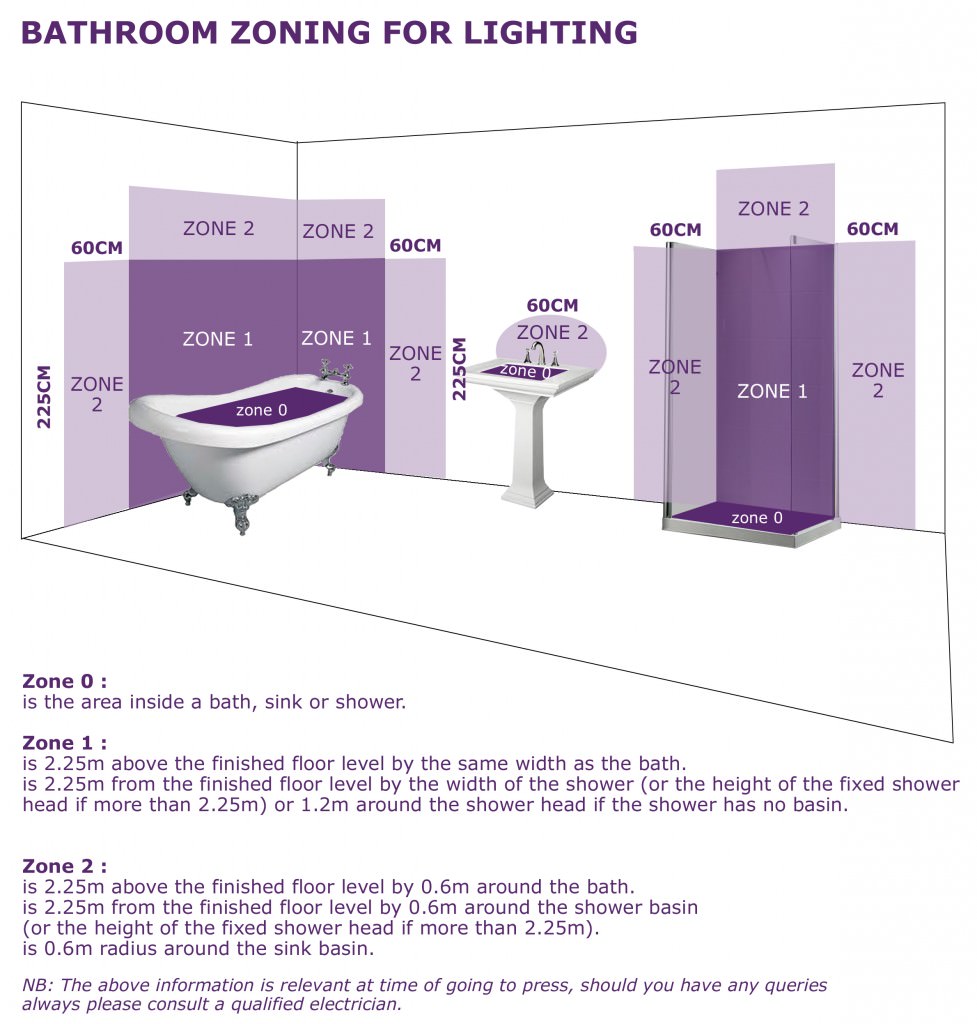

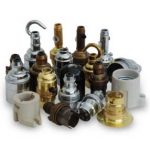




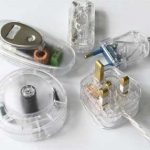
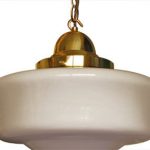

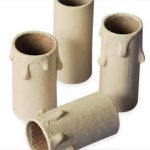
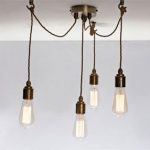
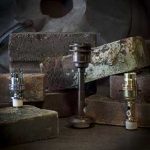
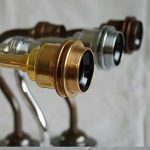
Hi There,
I’m doing a demijohn project and have drilled an 8mm hole ready for your 3x core flex. I am trying to find if you do a small bung to protect the flex in the drilled hole at the base?
Hi Samuel, Yes we have small grommets that will do that, available in black, white & clear, do feel free to call us on 01223 750153 if you need any more help.